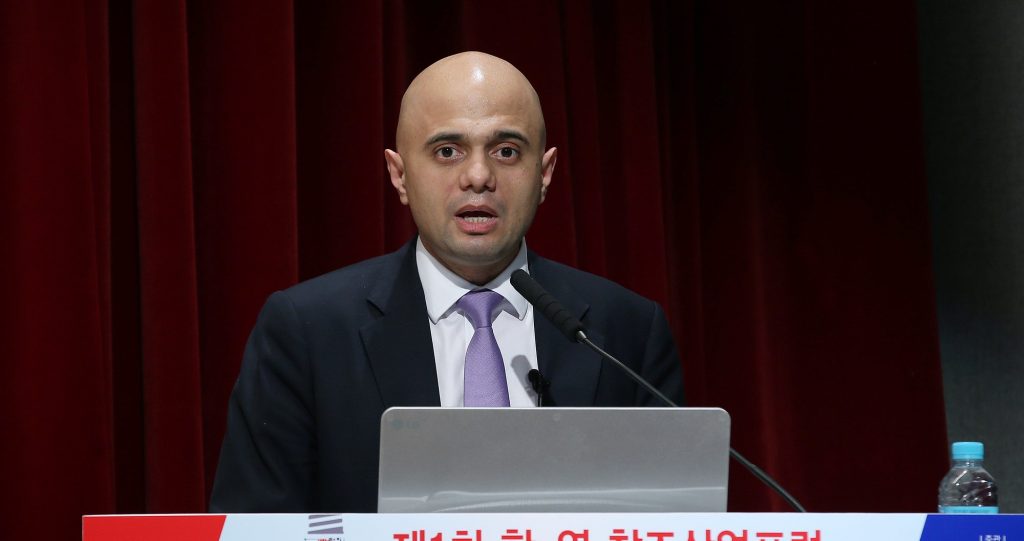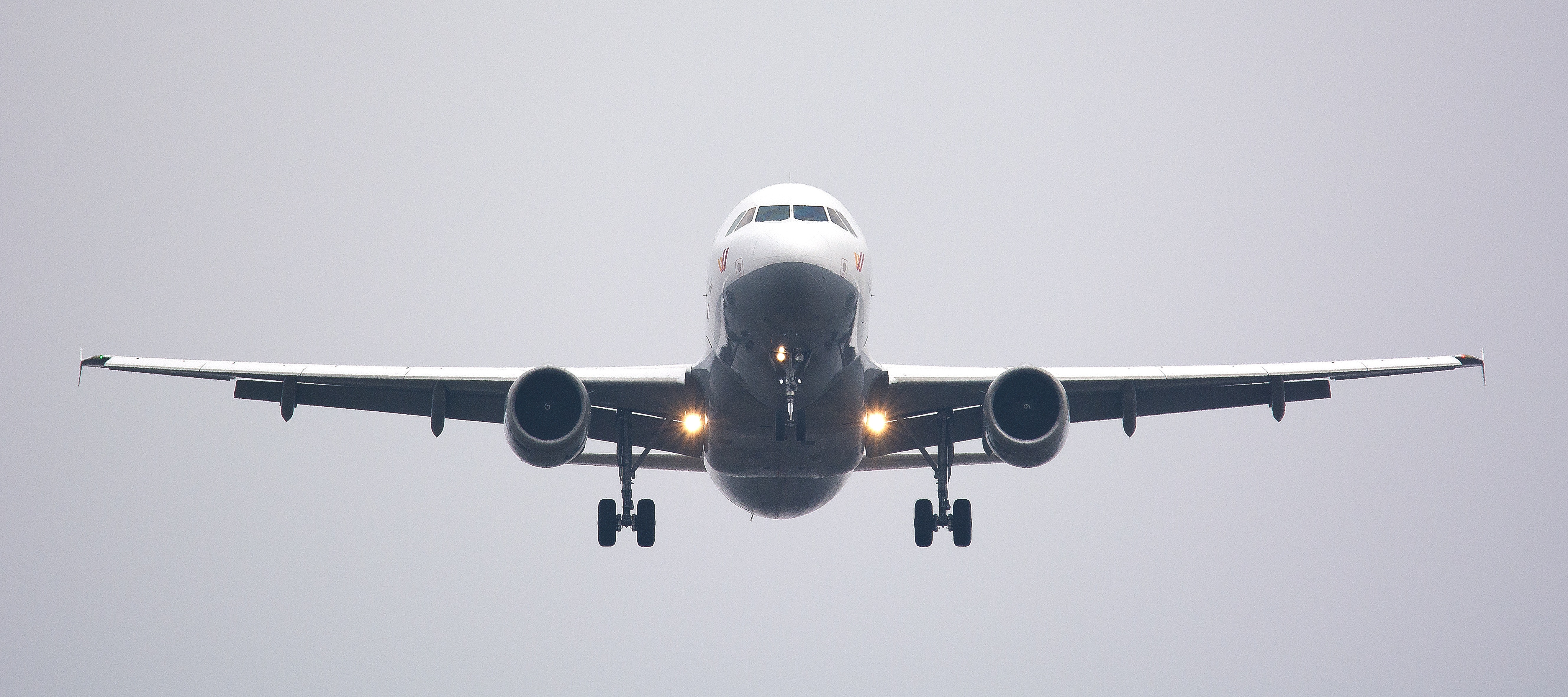New counter-terrorism measures which could see people who travel or stay in certain areas overseas jailed for up to 10 years are a “serious abuse of civil liberties”, a campaign group has warned.
The Campaign Against Criminalising Communities (Campacc) has condemned the Home Office’s 2019 Counter-Terrorism and Border Security Act for making it a criminal offence to travel to areas it designates as necessary for “protecting the public from terrorism”.
But Campacc argues that in practice travel to this region has had “diverse reasons”, such as “to visit family, conduct research, document human rights abuses, undertake humanitarian relief and to join the fight against ISIS”.
The act, which came into effect in April, exempts those who travel for humanitarian work, journalistic purposes and to visit family, among other reasons.
But Campacc insists that it could still criminalise people travelling for legitimate reasons “given its presumption of guilty motives and terrorist activities”.
In a statement, it adds: “Faced with up to ten years imprisonment, should their reasonable excuse not be accepted, some people will simply opt not to travel.
“This outcome would have a chilling effect on family relationships, academic inquiry, investigative journalism and acts of solidarity.”
A Home Office spokesperson told RightsInfo that it will be an “operational matter” for the police to determine whether a person arrested or investigated in relation to travel to a designated area is covered by one of the exemptions or has an otherwise reasonable excuse.
The decision whether to prosecute will lie with the Crown Prosecution Service (CPS), he added.
Why Has Travel To Designated Areas Become a Criminal Offence?
 Image Credit: Marc Veraart / Flickr
Image Credit: Marc Veraart / Flickr
The Home Office introduced its Counter-Terrorism and Border Security Act in 2019 partly in response to the challenge of prosecuting returning foreign fighters, namely British citizens who travelled to Syria to fight alongside Isis.
“We have 400 people in this country who have returned from activity in hotspots, many of whom we believe, from intelligence, have been active, but whom we have been unable to prosecute,” said security minister Ben Wallace during a 2018 parliamentary debate.
“That is a serious number of people.
“A number of them continue to pose a threat, and we have not been able, despite quite a lot of effort and looking, to find evidence to bring to court to prosecute them for the terrorist activity they may have been involved in.”
But Campacc describes this inability to prosecute as a “remarkable state of affairs” considering the “wide range” of existing criminal offences subject to extra-territorial jurisdiction, such as encouragement of terrorism, training for terrorism and membership of a proscribed organisation.
According to a report from human rights group Liberty, the amendment proscribing travel to a “designated area” was added at a late stage and “has not been subject to the careful scrutiny that such a significant new offence requires.”
It adds: “It is difficult to see how it is compatible with the presumption of innocence to legislate to make mere travel a criminal offence in circumstances where there is insufficient evidence to prosecute for an existing terror offence.”
What Does The Government Say?

Image Credit: Republic of Korea/Flickr
A Home Office spokesperson told RightsInfo: “Those who travel abroad to fight in terrorist conflicts pose a threat to us all and need to be stopped.
“Whilst it’s important that those who enter a designated area for a legitimate reason such as humanitarian aid work do not face prosecution, we must be sure that terrorists would not exploit this.”
In a speech delivered last month, Home Secretary Sajid Javid announced he and officials were exploring the possibility of a ban on travel to northeastern Syria and said that “there may be a case in future for considering designating parts of West Africa”.







